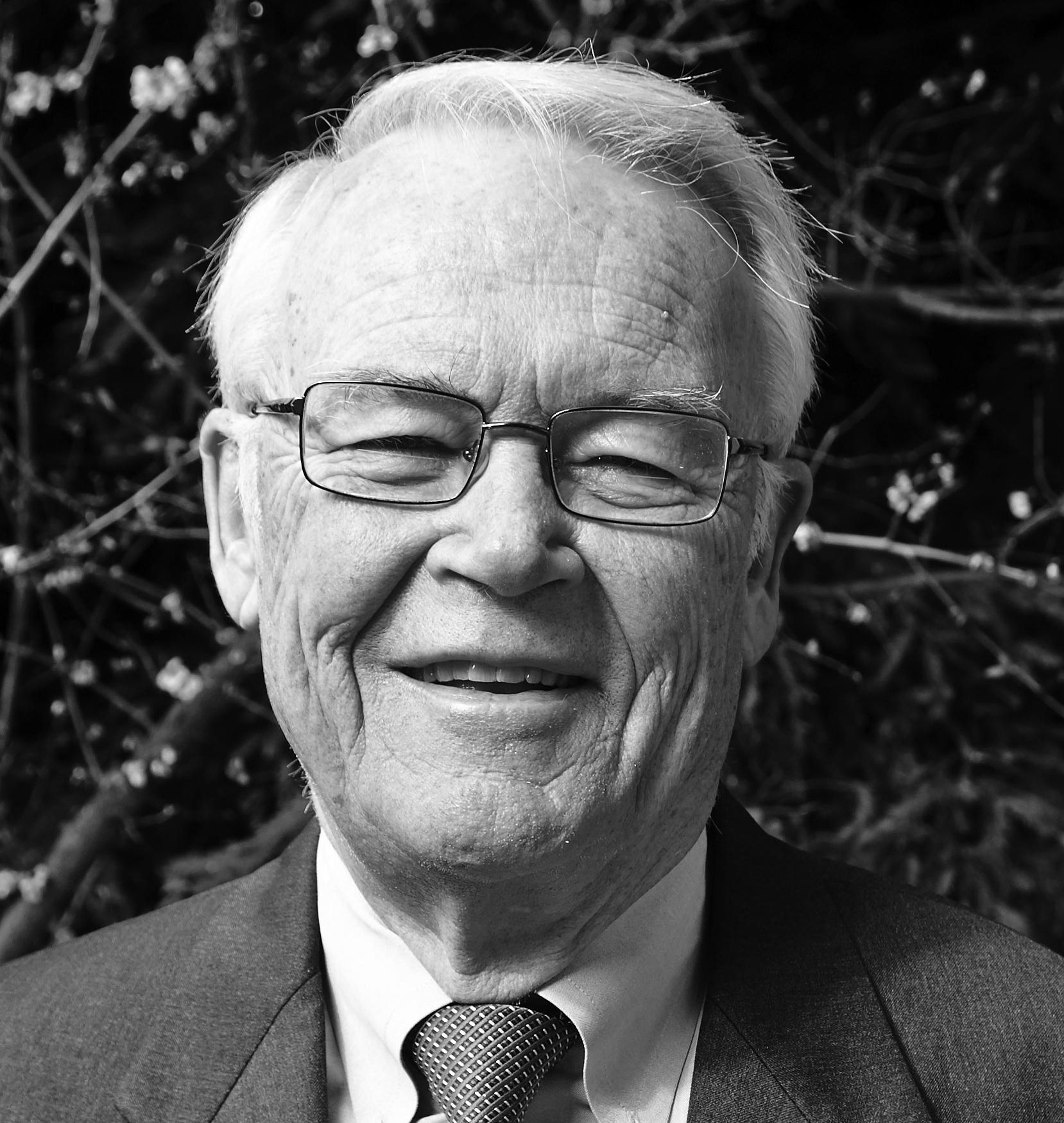BLOG
Why Brands Rise—Lessons from Prophet’s BRI
United Airlines, Charles Schwab, Electrolux and Peloton all offer lessons in customer-centricity.
How do you make your brand advance—really advance? Or how do you avoid seeing your brand decline or even crash? One answer is to look at other brands that have recently experienced a dramatic rise in relevance…and learn from them.
This year’s Prophet Brand Relevance Index® (BRI), surveyed 13,000 U.S. consumers to measure the strength of 228 brands from 25 categories across 16 dimensions. In a year of uncertainty, our findings revealed some of the biggest role model brand risers, which are the brands with the biggest jumps on relevance scores across Prophet’s four pillars of relevance: customer-obsessed, distinctly inspired, ruthlessly pragmatic and pervasively innovative. The research conducted by Prophet includes respondents that were active in the category and familiar with the brand. In other words, unlike other brand surveys, the affinity toward the brand is represented rather than distribution scope and awareness levels.
Brands with Rising Equity
There were six brands that increased their overall relevance score significantly during the last two years. Each has a story.
Electrolux had a meaningful brand uptick to reach No. 85 in the BRI rankings. While still lagging behind brands like KitchenAid (No. 3), Keurig (No. 34) and Dyson (No. 30), its rise was due in part to its increase on the innovation scales, likely driven by its new smart appliance products. Its name itself communicates a high-tech connotation in an increasingly digital-savvy era. Electrolux specifically enjoyed a notable increase in “Customer Obsession” or, let’s call it, brand loyalty. The introduction of a sustainability program and the announcement of a vacuum cleaner made out of recycled material most certainly played a key role. As the brand continues to expand in the U.S. market, expect to see more bold moves from Electrolux and growing relevance among consumers in the future.
While Charles Schwab (No. 114) trailed several category leaders—Vanguard (No.27), Fidelity (No. 56) and Robinhood (No. 50)—it still moved comfortably ahead of nine of the 15 financial services brands, increasing its marks on all dimensions. The Schwab appeal to “make managing money as easy as shopping on Amazon” probably felt right to people dealing with the pandemic. The brand played a leader role in mobile-first technology and integrating Google voice commands. Imagine saying, “Hey Google, check my Charles Schwab portfolio.” That’s a win for financial services.
USA Today (No. 214) rose from a bottom position to join the six mainstream media brands such as The New York Times (No. 125) and The Wall Street Journal (No. 201), both of which also rose. While still trailing far behind NPR, it gained impressive ground on “customer-obsessed” and “pervasively innovative.” The pandemic environment may have advanced its accessible and easy-to-read content and contributed to increased downloads of the USA Today mobile app.
“Success creates energy as well.”
United Airlines (No. 211) moved sharply up in 2020, even more so than other airline brands like Delta (No. 146) and American Airlines (No. 180), an interesting trend given our limited ability to travel during the pandemic. While still trailing Jet Blue, Southwest and Alaska, United earned consumers’ trust by partnering with Cleveland Clinic and Clorox to provide CleanPlus protection, offering in-airport COVID testing and much more.
Lemonade (No. 76) jumped to the top with USAA amongst the seven-brand insurance sector with advances in being “customer-obsessed” and “distinctly inspired.” With all the chaos of 2020, consumers no longer consider insurance an annoyance but rather an indispensable partner. The “new brand” has shaken up the industry by introducing an AI model that uses big data to offer a low price, a novel brand image that delights instead of scares, and a big heart that donates up to 49% of unclaimed premiums to nonprofits. These efforts help the brand become more visible, attractive and successful. Success creates energy as well.
Peloton vaulted to the No. 2 position behind Apple, edging out KitchenAid (No. 3) and Mayo Clinic (No. 4) in part based on large increases in being “customer-obsessed” and “ruthlessly pragmatic.” In a year when gyms shut down, Peloton moved quickly to set up instructors to lead classes from home and offered a 90-day free trial, all while delivering more than just an exercise platform, but rather a way to connect to a community that people desperately missed. In some ways, Peloton was in the right place at the right time with the right product, but they also hit the mark by being agile and innovative to quickly meet customers’ needs.
FINAL THOUGHTS
Learnings from the biggest risers in the 2021 Prophet Brand Relevance Index®:
- It’s clear that innovation is important. When innovation includes digital and mobile-first strategy, it makes it more impactful and sometimes more visible.
- Having a clear and authentic social purpose and social programs can elevate a brand.
- Excellence in creating strategy and implementing matters.
Want to learn more about the most relevant brands? Download the 2021 Prophet Brand Relevance Index® today.

